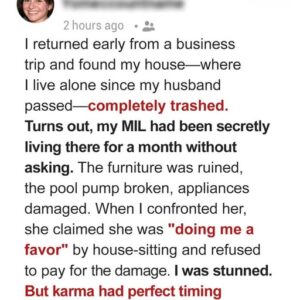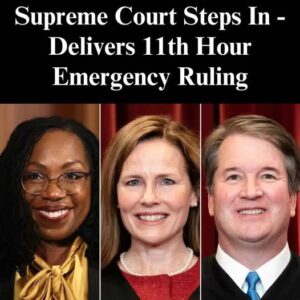On Wednesday, President Donald Trump expressed his outrage towards New York City mayoral candidate Zohran Mamdani, suggesting that he might employ federal authority to take control of the city, depending on the results of the upcoming November election.
“As the President of the United States, I will not allow this Communist Lunatic to ruin New York. You can be assured that I possess all the necessary tools and hold all the cards. I will restore New York City to its former glory, making it ‘Hot’ and ‘Great’ again, just as I did with the Good Ol’ USA!” Trump stated on X.
Additionally, Trump warned that he would investigate Mamdani’s legal status and could arrest him if he obstructed Immigration and Customs Enforcement operations in the city.
Mamdani’s surprising win in the New York City Democratic mayoral primary in June has raised considerable alarm among Republicans, who view the 33-year-old democratic socialist as a significant indicator of a changing political environment.
Mamdani’s ascent from a relatively obscure state assemblyman to the likely Democratic nominee for mayor of the largest city in America has caused concern for many, not just Republicans.
Mamdani is facing criticism for a campaign strategy that explicitly proposes shifting the city’s tax burden to “wealthier and whiter neighborhoods.”
A policy document titled “Stop the Squeeze on NYC Homeowners” from Mamdani’s campaign website argues that the existing property tax system disproportionately favors affluent, White homeowners, especially in Manhattan and wealthy Brooklyn, allowing them to pay significantly lower taxes due to outdated assessment caps.
In contrast, Black, Latino, and immigrant homeowners in areas such as Brownsville and Jamaica in Queens’ outer boroughs are overburdened and more susceptible to foreclosure.
What is his proposed solution?
“Transfer the tax burden from overtaxed homeowners in the outer boroughs to more expensive properties in wealthier and whiter neighborhoods,” the proposal states. “The property tax system is skewed because assessment levels are artificially capped, leading to an imbalance.”
The proposal aims to reduce the taxable portion of assessed property values across the city while raising real tax rates in wealthier areas. The ultimate result is lower tax bills for low-income neighborhoods and higher ones for affluent districts, which the campaign describes as “richer and whiter.”
Additionally, the campaign document highlights racial disparities in deed theft and “tangled titles,” situations where individuals reside in homes they believe they own (typically through inheritance), yet their names are not on the deed, leading to legal ambiguities regarding ownership.
The report indicates that predominantly Black communities face these challenges at a significantly higher rate compared to White neighborhoods.
To address this issue, Mamdani proposes a $10 million “Tangled Title Fund” to help city residents hire attorneys and resolve legal title issues, enabling them to secure full ownership rights and benefits.
Mamdani is affiliated with the Democratic Socialists of America, and his introduction outlines a strategy to “end white supremacy and racial oppression, as its eradication serves the interests of all workers, including white workers.”
In summary, the housing study characterizes the city’s housing inequalities as inherently racist and economically unjust.
The petition further claims that the city’s tax lien auction process is exploitative and discriminatory. When a homeowner falls behind on property taxes under this system, the city frequently sells the debt to a private trust of Wall Street-backed investors at a reduced rate, rather than collecting the debt immediately.
Mamdani asserts that he will eliminate this system on his first day in office and implement a new tax collection framework that provides “additional opportunities” for homeowners to enter payment plans, reduce their debt, and remain in their homes.
The Queens assemblyman advocates for the construction of 200,000 new publicly funded affordable housing units and an immediate freeze on rents for the city’s 2.4 million stable renters.
His proposals also encompass multi-year rent controls and substantial measures to ensure housing stability.





